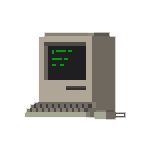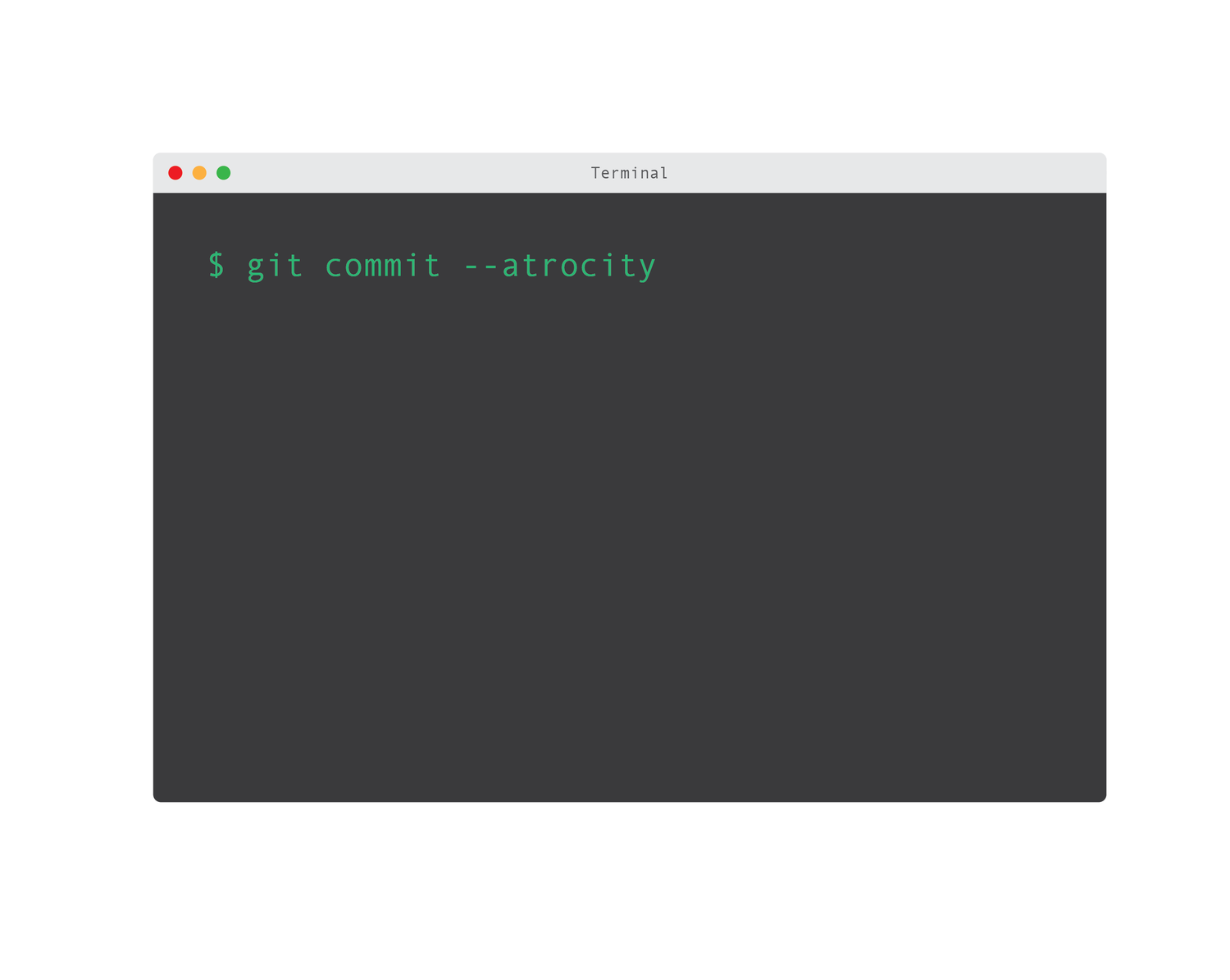If you are an engineer or product manager or a manager of any kind and have not read Henry Ford's autobiography, My Life and Work, then I strongly suggest that you do. It is a wealth of insights and a glimpse into the mind of a man whose genius wasn't merely "invention, assembly lines, and operations" as is commonly taught in schools. The truth is, Ford had an eye for simplicity.
Ford understood that to succeed in democratizing the automobile, he had to simplify the car, which was a grossly wasteful machine in his day. His aim was to achieve fewer moving parts, lighter materials, and fewer irrelevant options, which led to a lean, mean, and (most importantly) cheap machine. His strategy, you should note, did NOT include financial gimmickry or ways to squeeze workers' wages; in fact, he did the opposite, seeking opportunities to improve their effectiveness and then pay them more.
He took it a step further, however, than just simplifying the product: he also relentlessly simplified the machine that made the machine: the Ford Company itself and its factories. This was a very deliberate effort on his part. To do it, he empowered all of his employees, ranging from executives down to factory technicians, to take that mission into their own hands.
The results are astonishing. In 1908, a Model T cost $850. The average worker earned about $500 per year at this time. By 1925, he had gotten it down to under $300.
TLDR: read this book. Think like Ford. If you think you need a new bit of infrastructure or component, just buy it or build it. If someone on your team groans about a chore, push them to solve it once and for all. You'll go faster, not slower. You'll deliver cheaper, sooner, and better. Otherwise, you'll find that you've paid for it and don't have it.







